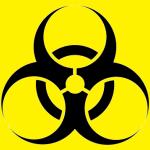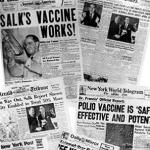For Americans, this past weekend was painful. On Saturday, an evil, deranged person murdered 22 people in El Paso, Texas. Not even 24 hours later, another evil, deranged person murdered nine in Dayton, Ohio.
public health
A news report from Virginia says that two people are dead and 18 have been hospitalized following an outbreak of an unknown respiratory infection at a ret
Since our founding in 1978, ACSH has stood for evidence-based science and health in combination with free markets and individual liberty.
It's difficult to predict what sort of nonsense is going to come out of San Francisco.
Public health is our passion at ACSH. We want to promote public health while simultaneously preserving individual liberty. That's been our goal since we were founded in 1978.
When asked what kept him awake at night, General James Mattis famously answered, "Nothing. I keep other people awake at night." But not everybody is as courageously confident as "Mad Dog" Mattis.
Last month, we reported on an earth-shattering documentary not-so-subtly titled Seattle Is Dying.
In many ways, science is easier than public policy. The reason is because the former is simply a matter of uncovering facts, while the latter involves not just facts but legal, ethical, and financial considerations as well.
Imagine walking down a city sidewalk in winter. It's dark, wet, cold. You come across a man aged well beyond his years staggering along, grasping a wall so he doesn't fall down.












